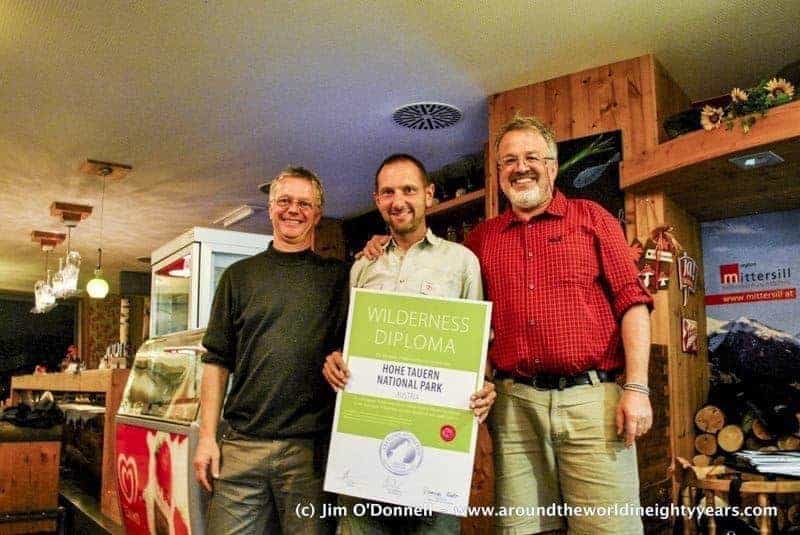The rise of single-use plastic
Getting to know single-use plastic
Before we start to address the nerve-wracking situation of single-use plastic, we have to clear up what single-use plastic really is.
Petroleum based plastic is not biodegradable and usually goes into a landfill where it is buried or it gets into the water and finds it’s way into the ocean. Although plastic doesn´t biodegrade (decompose into a natural substance like soil,) it will degrade (break down) into tiny particles after many many years. In the process of breaking down, it releases toxic chemicals (additives that were used to shape and harden the plastic) which make their way into our food and water supply.
These toxic chemicals are now being found in our bloodstream and the latest research has found them to disrupt the Endocrine system which can cause cancer, infertility, birth defects, impaired immunity and many other ailments.
Current situation
In 2021 the world generated an estimated amount of 139 million metric tons of single-use plastic waste, which was 6 million metric tons more than in 2019. To emphasize how big of an issue this is, one metric ton of single-use plastic equals 100 kg of plastic. Most of the plastic waste we produce, cannot be recycled. So it has become clear that what needs to happen is a reduction regarding the use of plastic.
One of the issues is that the recycling process isn’t scaling up fast enough to be able to deal with all the waste we produce. Because of this, a big number of waste products are dumped into oceans, landfills and rivers instead of going to a recycling plant.
Our governments, after taking the information above into consideration, decided to implement some of the following measures:
- Banning straws
- Banning disposable cutlery
- Introducing paper shopping bags in supermarkets

Conclusion and posible solutions
Something that would make a difference, would be to implement a special tax for polymere produced plastic made out of fossil fuels. This would make it harder for companies to produce them and harder for people to buy them.
It demonstrates beyond any doubt that the plastic pollution problem is getting much bigger and is being driven by the polymer producers, which are of course, driven by the oil and gas sector
Some good news are, that an intergovernmental committee is working to a 2024 deadline to draft a legally binding agreement that would address the full lifecycle of plastic, from its production and design to its disposal. This is why it might be possible to make positive changes and slowly but steadily improve our planets well-being.









